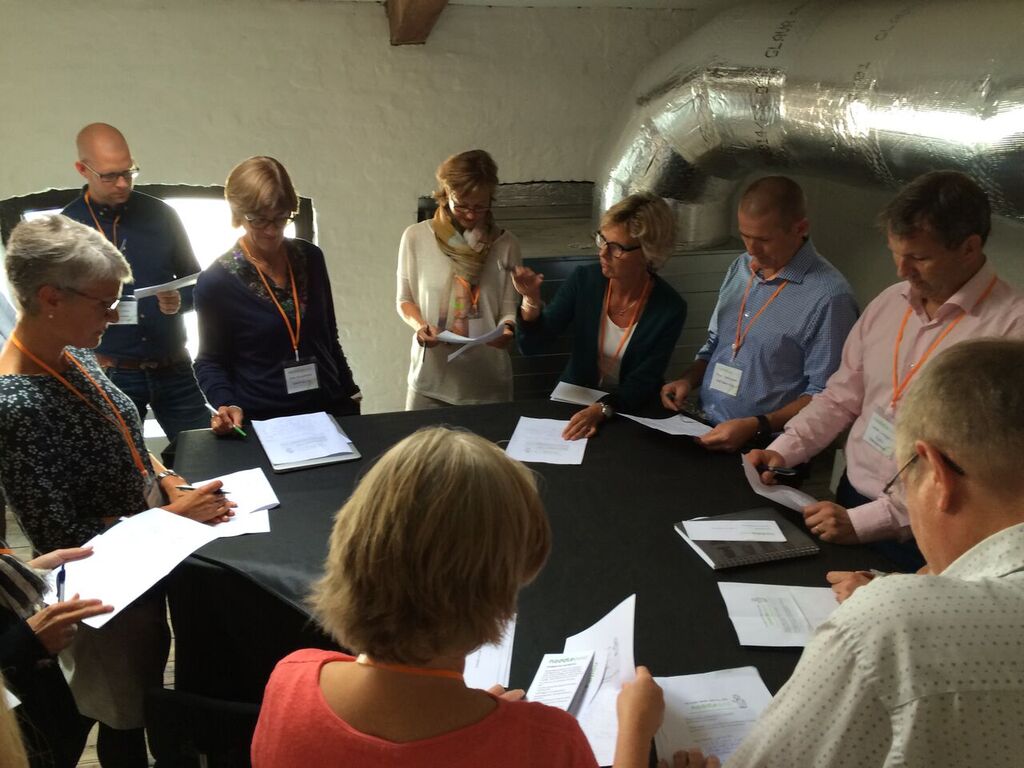One of the real joys of collaborative online learning is that the learner is also a learning resource. Learners learn together and they learn from each other. The very essence of collaborative learning tools and networks is that learners share knowledge, insights, challenges and commentaries. This means that everyone can tap into the knowledge and experience of the cohort and participate in the learning that they need. Learners are not required to participate in everything – instead it is all about relating the overall network activity to individual needs and challenges. This may seem like a very simple concept and it is, but the impact of collaborative learning cannot be overstated.
Online peer to peer learning is increasingly prevalent and it is easy to see why. It creates an environment of mutual support and shared expertise. It makes learning so much more meaningful, relevant and immediate. This is brilliant for learners. It is also brilliant for employers as the existing talent and knowledge within their organisation can be shared and enhanced.
This may seem like a very simple concept and it is, but the impact of collaborative learning cannot be overstated.
The provision of learning networks also means that learning moves from being purely theoretical to being about practical experience and application. Learners learn from the experiences and knowledge of others, in a collaborative and sharing fashion, rather than through delivery. This results in contextual learning.
By learning together people get a really good insight into how and why decisions are being made, how challenges can and are being overcome and what happens when learning is applied. So often with learning we just see the end result, the finished version. With online collaborative learning, participants can see how their peers are approaching and resolving problems as they occur, the impact of the decisions they make and they can input into the discussion around these actions and reactions. This creates a much richer and more powerful learning experience for all the participants involved.
It is also a lot more powerful when the learning revolves around participants’ actual and current challenges. Case studies are all well and good but it can make for rather a dry learning experience. Real experiences and challenges are a lot more immersive and thought-provoking.

Early on in my career in learning and development, I was asked to take over the design and coordination of the business’ executive development day. I was given the plans from the previous year as a way of a template to work from. This was a template dominated by presentations. I did a quick tour around the office to the delegates who had attended to see what they had most benefited from.
The answers I received have guided my approach to learning and development, and indeed my career, ever since. The most memorable and practically valuable parts of that day had been participants’ interactions with each other. It was not the case-studies, the expert presentation or the inspirational speaker. It was the participants discussing what they had heard, sharing challenges, experiences and insights that made the lasting impression.
We flipped the structure of that day and hired in a facilitator for a more interactive and practical workshop centered on challenges the business was facing at the time. The really important bit was that we asked the participating leaders to identify and share their key challenges to be discussed in the workshop. This meant that instead of being talked at on a programme, they addressed real challenges that they could all relate to and take something away from.
The facilitator’s role is one of asking good questions, prompting participants and guiding the discussion where necessary
At Noddlepod, we are big advocates of facilitated learning in the online, collaborative space. We think it encourages deep learning, strengthens such interactive learning journeys and brings issues and challenges to the surface that could easily otherwise be missed. The facilitator’s role is one of asking good questions, prompting participants and guiding the discussion where necessary. It is not telling people what to do or how to behave.
Addressing learning in this way makes it so much more relevant to individual circumstances and problems. People gain new knowledge and even more importantly, they gain an understanding of how to relate that new knowledge to what they already know and do. Context is so so important but is so easily overlooked. If learners can relate the information they gather to what they need in their roles in a meaningful way, then they can apply it and it really makes a difference.
No wonder peer to peer learning has become so important.
Learn more about Noddlepod as a peer to peer learning platform and as a group facilitation tool.